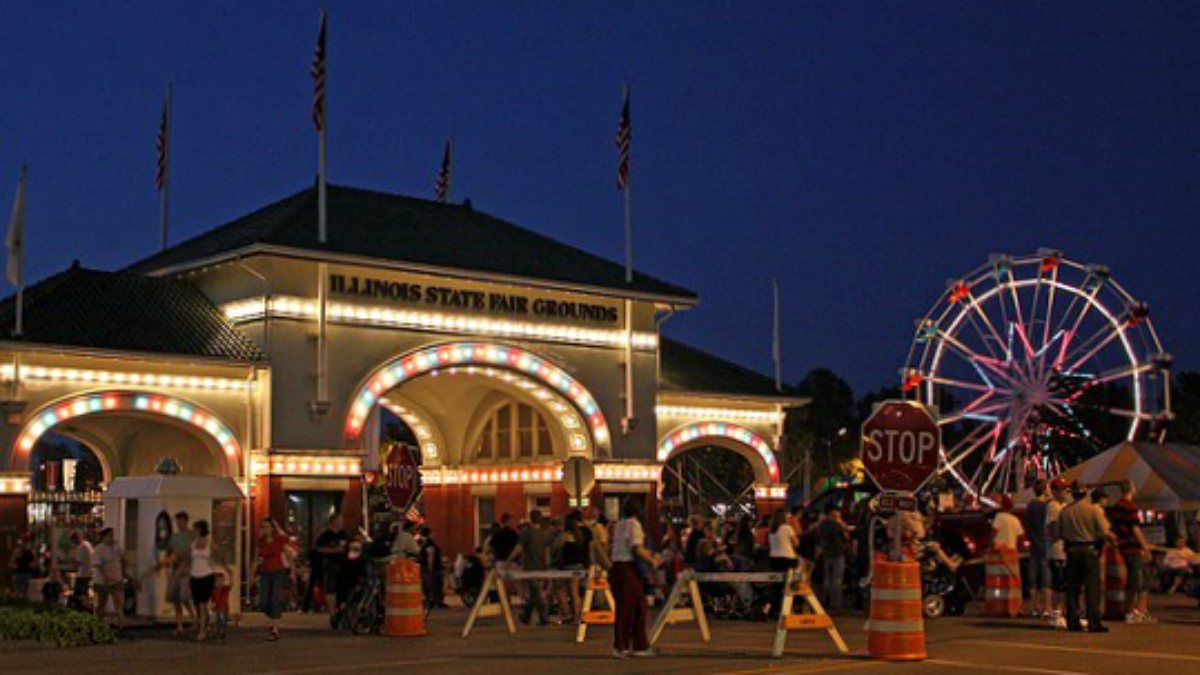New artist renderings showcase what a reimagined Magnificent Mile would look like in downtown Chicago, with the addition of pedestrian bridges across Michigan Avenue one of the highlights. NBC Chicago’s Lexi Sutter reports.
Amid retail closures and pushes to draw more tourists to one of Chicago’s most iconic streets, a design firm has unveiled a dramatic “reimagining” of Michigan Avenue.
That design, undertaken by a team of real estate developers and the design firm Gensler, imagines a more pedestrian-friendly portion of North Michigan Avenue, with improved access to some of Chicago’s most iconic sites and to the Oak Street Beach, just north of DuSable Lake Shore Drive.
The city has not allocated money for such a redesign, but the dramatic series of renderings released by Gensler show the biggest transformation of the area of Michigan Avenue between Chicago Avenue and DuSable Lake Shore Drive in decades.

The designs will be exhibited at the Chicago Architecture Center this summer, according to officials.
Among the changes would be the elimination of a lane of traffic north of Chicago Avenue, increasing pedestrian access to the area around the Chicago Water Tower. The design would call for a restaurant located within the structure, as well as enhanced green space, interactive water features and café kiosks to encourage dining and “lingering,” according to the designs.
Immediately east of the Water Tower, the design calls for reduced surface parking near the Looking Glass Theatre, which is located next door to the pump station on Michigan Avenue.

The design would also call for increased restaurant presence along East Pearson Street to encourage foot traffic, and would include a redesigned park area around Seneca Park to help draw pedestrians toward the Museum of Contemporary Art, which is located at Miles Van Der Rohe Way and Chicago Avenue.
Local
Feeling out of the loop? We'll catch you up on the Chicago news you need to know. Sign up for the weekly Chicago Catch-Up newsletter.
Finally, a design would call for increased pedestrian access to a refurbished Oak Street Beach, which is located along DuSable Lake Shore Drive’s curve along the northern end of the Magnificent Mile.
To accomplish this, improved pedway connections beneath the roadway would be encouraged, with LED artwork within tunnels to brighten up the experience for visitors.

Once at the beach, visitors would find refreshed sand at the beach, as well as cabanas, lounges and a restaurant, as well as para-sailing and other activities, according to the design.
The enhanced vision of Michigan Avenue comes as the city copes with retail vacancies and concerns about crime in the famed stretch of roadway. Companies like Verizon, AT&T and the Grand Lux Café have all vacated their spaces along Michigan Avenue, as have Banana Republic and other clothiers.
The city, the Chicago Department of Transportation and the Magnificent Mile Association recently partnered on a series of bollards and granite planter boxes to deter a series of “crash and grab” thefts, where thieves could drive cars into the doors of businesses and steal merchandise from inside.

According to Crain’s Chicago Business, Illinois Gov. J.B. Pritzker recently signed legislation that will create a business improvement district along Michigan Avenue, allowing landlords to impose a tax to fund safety and sanitation improvements in the area.
That news comes as vacancies top 30% along the Magnificent Mile, according to The Real Deal, and as landlords look to attract new retail tenants to spaces vacated by numerous large companies.



